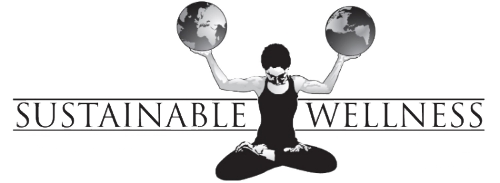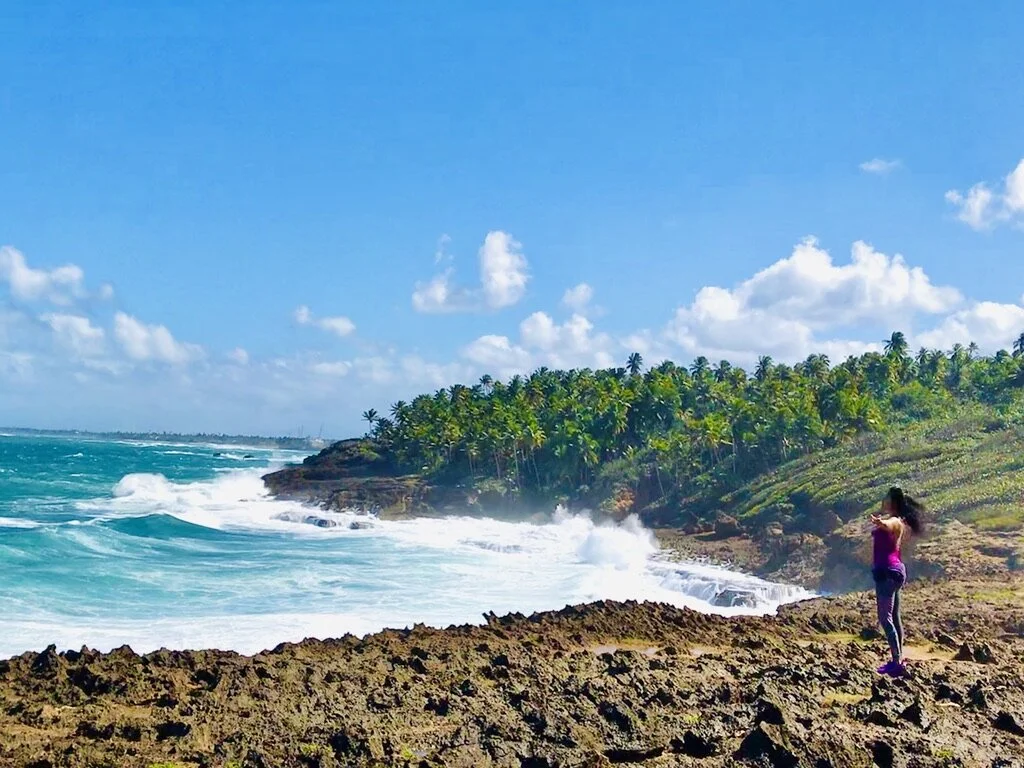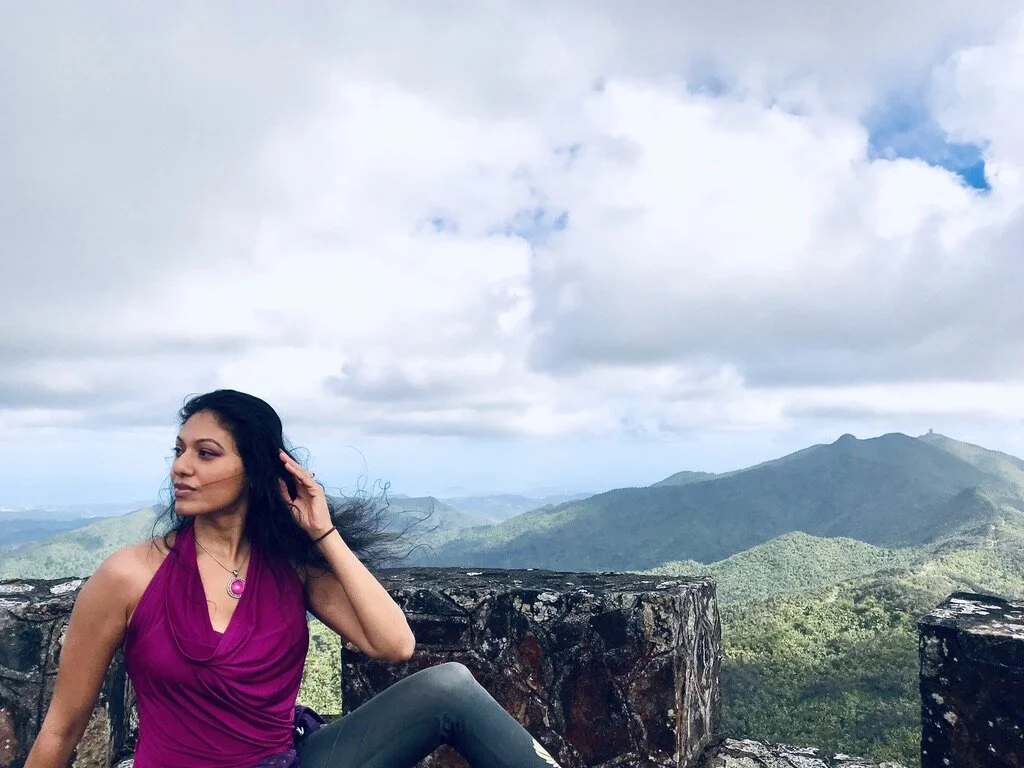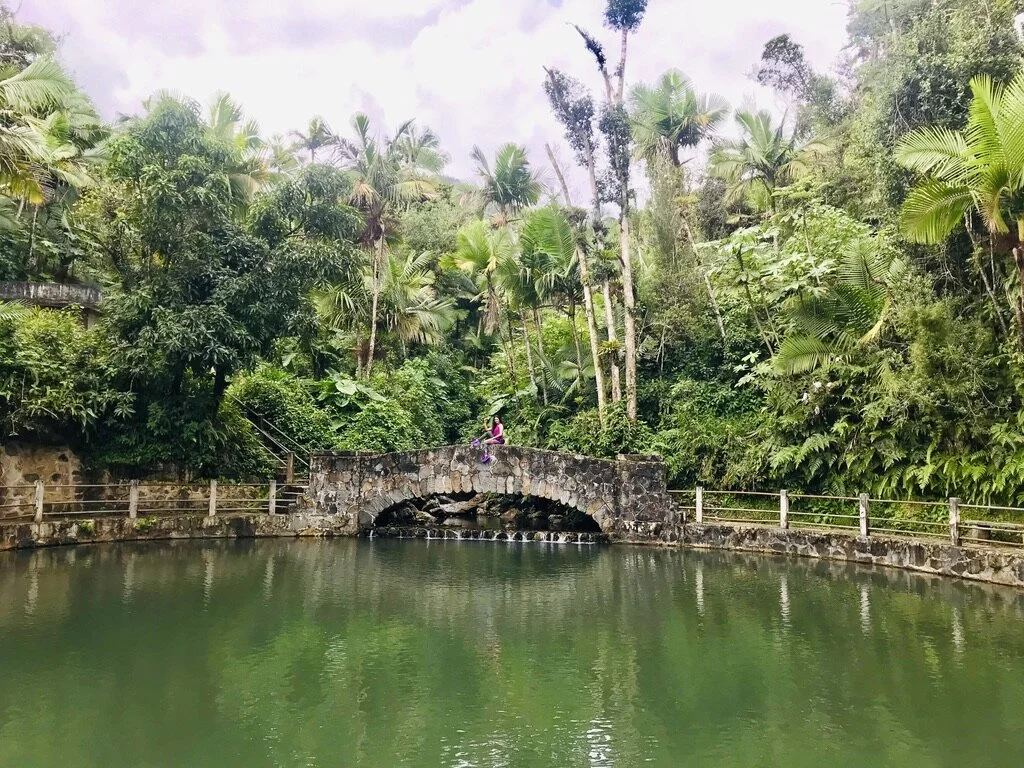From Trauma to Resilience
“The essence of psychological trauma is the loss of faith that there is order and continuity in life. Trauma occurs when one loses the sense of having a safe place to retreat within or outside of oneself to deal with frightening emotions or experiences.
”
Resilience training for individuals impacted by trauma, overwhelm, & Addiction
Do you feel stuck in a cycle of anxiety/overwhelm/agitation/rage or depression/numbness/isolation/hopelessness?
Do you feel out of control and unable to return to your best self despite your greatest efforts?
Have you had extreme experience/s during which you felt your life or safety was under threat or witnessed a traumatic event?
Do friends and family describe you as on the edge or jumpy often at the slightest provocation? Or, conversely, do you find yourself going numb or checking out when you are triggered/stressed?
Have conventional therapeutic or medication approaches failed to reduce these tendencies?
If the answer to one or more of these questions is yes, you are not weak or faulty. You are probably struggling with the impact of trauma. Working with someone trained in resilience skills to help you address the impact that the trauma has left behind while helping you re-set your nervous system is a huge step towards recovery.
Today, we know that trauma is a much broader phenomenon than we once understood. Trauma is not what happens to us, but what happens within us. It is defined as any experience that creates feelings of overwhelming-ness and/or an event that is perceived as life threatening. When we are compelled to defend against a trauma wound by means of constricting our own ability to feel, to be present, to respond flexibly to situations, we are caught in a traumatic cycle. Nothing overtly dramatic needs to happen to a young human being to induce trauma. Additionally, we know that no two people have the same reaction to traumatic experiences.
Trauma is marked by a loss of connection to ourselves, our bodies, our families, others, and even the environment and situation around us. Therefore, the healing of trauma requires restoring a sense of connection, aliveness, flexibility of solutions/responses, and grounded self-regulation that does not involve unconscoius acting out.
Our Resilience program is designed to help you:
Develop resilience-based wellness practices that disrupt/prevent traumatic reactions and spiraling downward
Develop self-care behaviors that support you feeling joyful, calm, and in-control in your Resilient Zone
Develop healthy practices to reconnect with your body, self, and others
Learn Intentional Dialogue: Relational skills of healthy boundaries, deep listening, empathy, and clean speaking
Deepen the role that spirituality plays in healing your trauma
Learn the neuroscience of transforming your nervous system
Learn to turn your trauma story into a resilient story
Identify your trauma sources, triggers, and coping strategies
Individual Resilience Sessions:
Our Individual Resilience program is designed to provide a customized space for learning resilience-based somatic and relational skills. Individuals can address their unique issues and focus on their unique goals.
GENERAL STRUCTURE: During Individual sessions, clients work with a guide to acquire specific coping skills to navigate triggering situations in life. This program is offered for one hour weekly for 12 weeks. Additional sessions are provided based on individual needs. Before the program begins, we will gather information about you through written materials and a personal interview.
Community Resilience Workshops:
The Community Resilience training program is designed to teach each member of the community self-regulation, wellness, and relational skills in a workshop structure. These skills are designed to help individuals understand the biology of traumatic stress reactions and learn specific skills to return the body, mind and spirit back to balance after the trauma has occurred.
We know that common reactions after traumatic experiences early in childhood and in life are often biological, and not mental weakness, which is why we teach participants specific biologically-based wellness practices that help the nervous system reset itself and regulate better. These skills allow people to move from despair to hope, disconnection to connection, dullness to aliveness, restlessness to calm, dissolving the impact of the unresolved traumatic stress cycle.
In the community workshop, we will:
identify and develop ‘inner resources’ for calming activated states of fight, flight, freeze, & appease
restore a sense of balance and flow through resourcing, tracking, & grounding self-regulation practices
learn and practice new communication skills (deep listening & speaking) for building healthy relationships and boundaries with people in our lives
cultivate a daily heartful practice (meditation and yoga)
discuss food/nutritional options for taking care of the brain, nervous system, and body
The principles and skills taught in this workshop are based on Imago Dialogue, somatic awareness, Community Resiliency Model, Trauma Sensitive Yoga, and Integrative Nutrition.
STRUCTURE: Community introductory workshop (101-103) is a total of six hours, and can be delivered over 2/3 different sessions or in a one-day setting. The second level (201-203) of the workshop is additional six hours, and can be delievered over 2/3 different session or in a one-day setting. The entire Resilience program is 12hrs. total.



